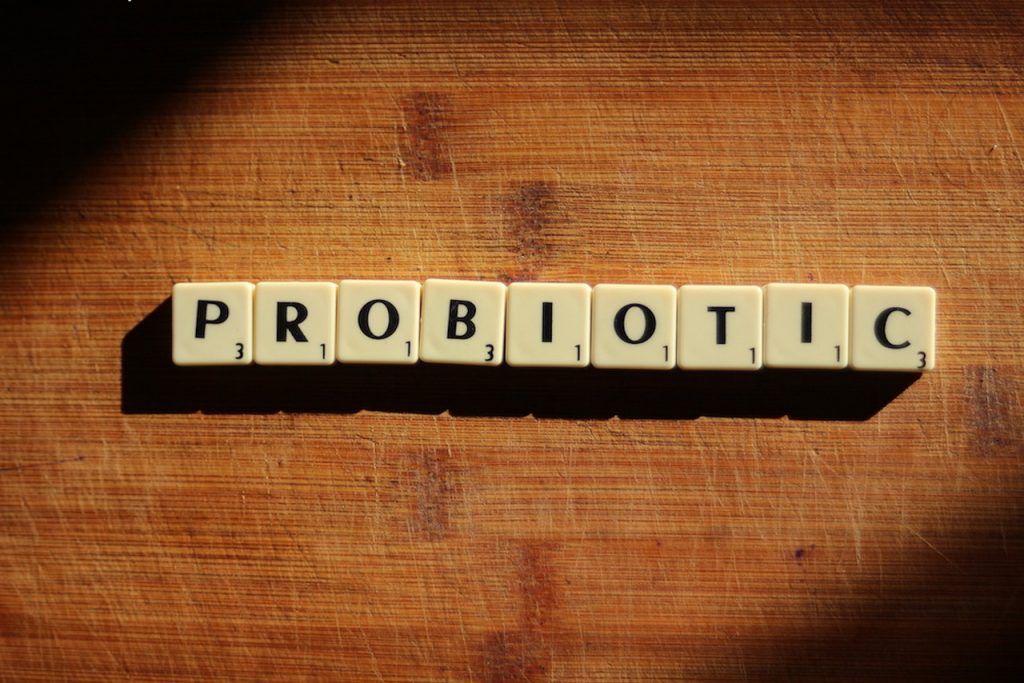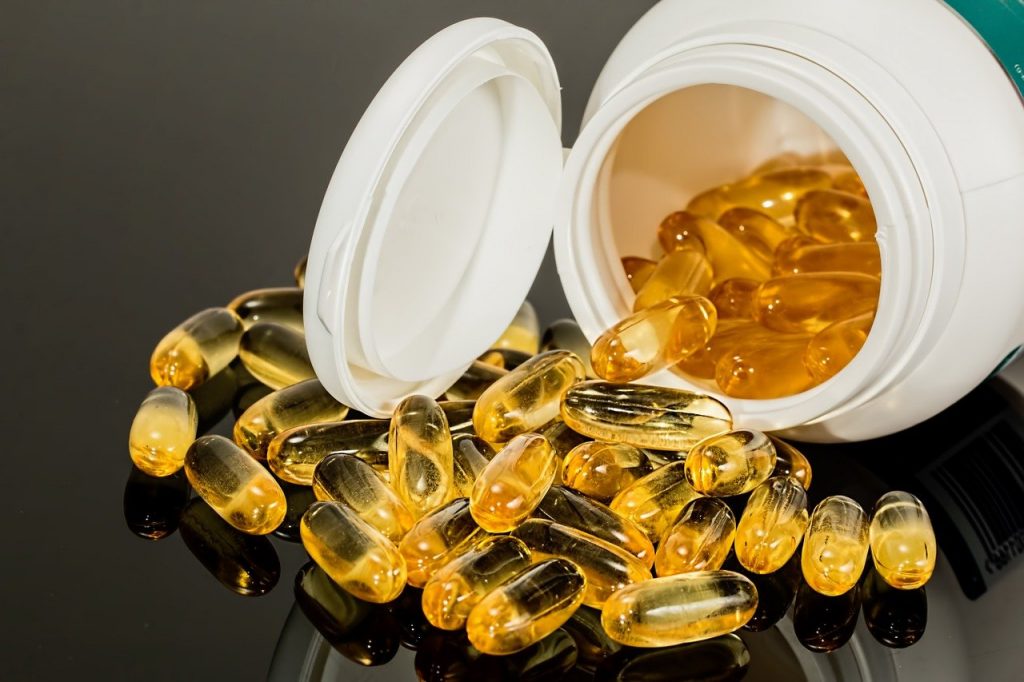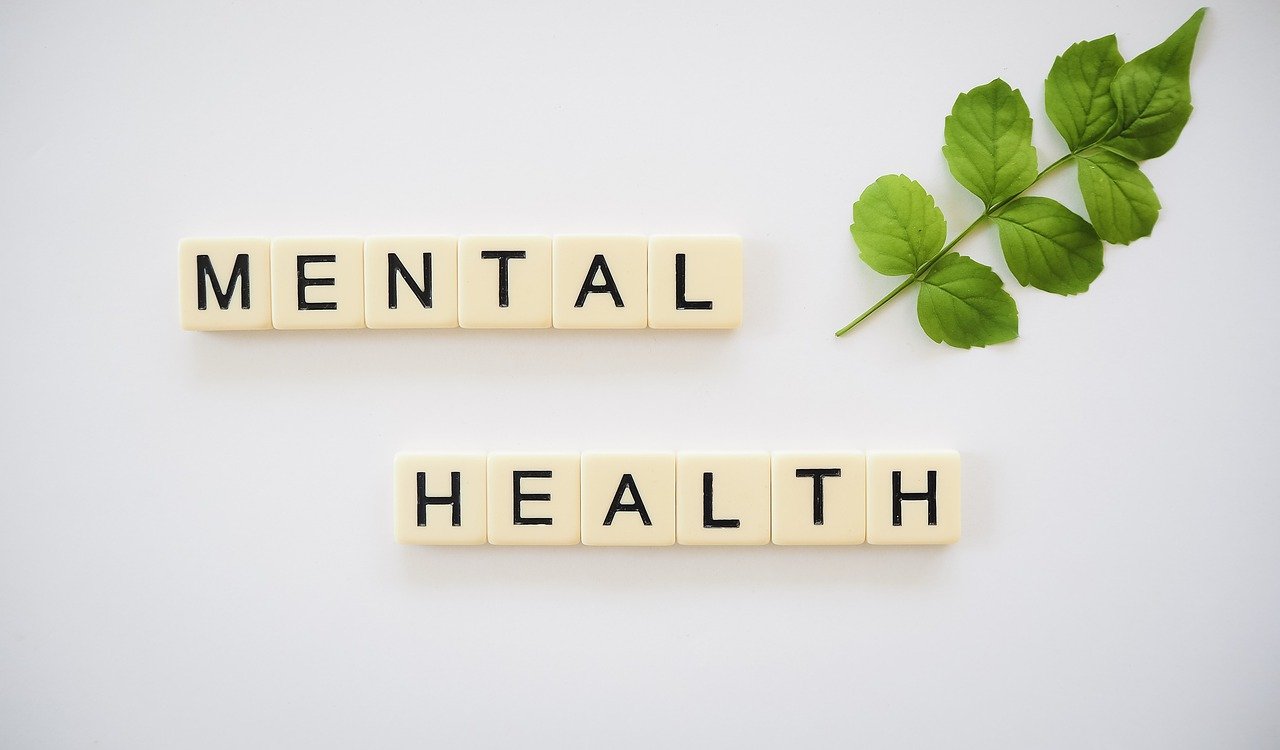In the midst of a hectic and stressful life, our mental health often takes a heavy toll when left uncared for. According to the World Health Organization (WHO), one out of four people will be affected by at least one mental or neurological disorder in their life.[1]
When aiming for a healthy lifestyle, mental health should be an equal priority to our physical wellbeing. Afterall, our brains are basically the central processing unit of our body – when it’s not cared for, it will also affect our productivity and physical performance.
Proper stress management, exercising, and a proper diet are all paramount to a sound mind. However, there are other ways you can boost your mental health, such as taking dietary supplements.
Dietary supplements are more popular for its use on improving physical health, but certain supplements can also give your brain a much-needed boost. This is especially helpful for people who are dealing with milder forms of anxiety and depression, whose symptoms can be treated with supplements of milder dosages. Of course, these supplements can never replace a psychiatrist’s prescription – instead, these supplements should only be treated as a way of improving the quality of your life.
Here are some supplements that can improve your mental well-being.
- Folic acid
Folic acid, a.k.a. vitamin B9, is a compound essential to maintaining optimal brain function. Folate is naturally found in leafy greens, citrus, and beans, but can be also taken as a supplement in conjunction with vitamin B12. Both vitamins cannot be produced by the body, thus taking supplements or a specialized diet is a necessity.[2]
Folic acid is an important component in the synthesis of neurotransmitters, the chemicals which sends information from one nerve cell to another. In fact, folic is crucial in fetal development and pregnant women are typically prescribed with supplements. By taking folic acid supplements, the connections within your nervous system will be strengthened, which will regulate your mood and sleeping patterns.
Some research has shown that folic acid can be used as a treatment for depression. In one study, 21 patients with treatment-resistant depression were found to have folate deficiency. After being treated with folinic acid (a type of folate commonly found in food), all subjects showed a dramatic improvement in their symptoms.[3]
- Ginkgo biloba
Ginkgo biloba is an herb that is widely used in traditional Chinese medicine for its neuroprotective properties. For centuries, ginkgo biloba was used as a traditional remedy for Alzheimer’s, as it was believed to prevent age-related memory loss.[4]
Aside from Alzheimer’s, ginkgo biloba has been able to help manage symptoms of dementia by improving cognitive, social, and motor skills.[5]
Gingko biloba was also found to alleviate anxiety. In one study, ginkgo biloba was prescribed to 107 patients who have either generalized anxiety disorder (GAD) or adjustment disorder with anxious mood (ADWAM). After four weeks of treatment, all participants had improved anxiety and tension scores.[6]
- Probiotics
Did you know that gut health can actually affect your brain? This connection is called the gut-brain axis, which pertains to the bi-directional communication between the neurons of your brain and digestive system.
With probiotic supplements, you’ll be feeding the good bacteria inside your gut microbiome, which corrects any imbalances with the harmful bacteria. In turn, a regulated microbiome will result in a stable mental health.
Additionally, the gut produces two neurotransmitters, namely serotonin (the feel-good hormone) and gamma-aminobutyric acid (GABA), which are both crucial to mental health. Some studies were also able to link depression and anxiety with dysbiosis, a condition wherein a person has an imbalanced gut.[7]

- Turmeric
A common ingredient in South Asian cuisine, turmeric is a nutrient-dense food which also has therapeutic use. Curcumin, a major component of turmeric, has been found to potentially improve symptoms of depression.[8]
This can be attributed to the potent antioxidant property of curcumin, which can fight off inflammation-induced depression.
- Magnesium
Magnesium is another essential mineral in our body which plays a huge part in over 600 cellular processes, from synthesizing DNA to muscle contraction. Unfortunately, the majority of us don’t get enough magnesium due to the popularity of processed foods. Thus, taking magnesium as a supplement will be highly beneficial if you’re unable to acquire it from organic sources.
Magnesium plays a key role in our brains as the gatekeeper of NMDA receptors, which are crucial for brain development and learning. NMDA receptors also protect your nerve cells from overstimulation which may kill off brain cells if left unchecked.[9]
Preserving your NDMA receptors are crucial as it deteriorates as you age. This is especially important for people who are predetermined to have Alzheimer’s, as their NDMA receptors will deteriorate faster than normal.[9]
Additionally, magnesium is known to improve sleep quality as it helps your mind and body relax, making you fall asleep faster. This is because magnesium binds to gamma-aminobutyric (GABA) receptors, which are the neurotransmitters that slow down nerve activity as you fall asleep.
- Vitamin D
Vitamin D is an essential vitamin that we mostly get from the sun. But because most of us spend our time indoors, most people are vitamin D deficient. In fact, it is estimated that 1 billion people worldwide have vitamin D deficiency.[10]
Vitamin D is crucial to our mental health as it activates genes that regulates and releases neurotransmitters such as adrenaline, noradrenaline, dopamine, and serotonin. This is why some people experience seasonal affective disorder (SAD), a mood disorder triggered during seasons of low sunlight (rainy and winter seasons). Some researchers hypothesized that SAD is caused by the changing levels of Vitamin D3, which affects serotonin levels in the brain. [11]
- Fish oil
Fish oil is a popular over-the-counter supplement that is primarily consumed for its benefits to the heart. It is derived from fatty fish such as salmon, mackerel, sardines, and anchovies. Fish oil is also beneficial to the brain, thanks to its primary ingredient: Omega-3.
Fish oil is composed of two omega-3 fatty acids: eicosapentaenoic acid (EPA) and docosahexaenoic acid (DHA).
Since the brain is made up of fat, fatty acids such as omega-3 are crucial in sustaining normal brain function. Omega-3 helps maintain the structure of brain cells as well as preventing premature degeneration.
In one study, 23 participants with mild cognitive impairment showed improvement after being treated with omega-3 for 24 weeks.[12]

Precautions When Taking Supplements for Mental Health
Although most of these supplements are generally safe, people who are diagnosed with mental illnesses must refrain from relying on these supplements as a primary treatment.
Instead, these supplements should be approached as a way to enhance a person’s quality of life – to boost their mental performance or to alleviate mild symptoms of anxiety and depression.
Before you start consuming these supplements regularly, it is highly advised that you consult a doctor first to determine which dose is right for your body. Some of the supplements mentioned above may have adverse effects when consumed more than what your body requires.
Conclusion
Along with physical health, our mental health should be a priority. After all, your brain’s condition affects everything – a fit body will never perform optimally with an unhealthy mind.
Thankfully, there exists dietary supplements that can help us achieve better mental health that can target specific deficiencies that are a result of certain lifestyles. With proper exercise and healthy eating, a sound mind and body can be achieved for a happier and productive life.
References
[1] World Health Organization. (2001, October 4) Mental disorders affect one in four people. Retrieved from https://www.who.int/whr/2001/media_centre/press_release/en/
[2] Lab Tests Online. (2019, September 25) Vitamin B12 and Folate Deficiencies. Retrieved from https://labtestsonline.org/conditions/vitamin-b12-and-folate-deficiencies
[3] Pan, L. A., Martin, P., Zimmer, T., Segreti, A. M., Kassiff, S., McKain, B. W., … Vockley, J. (2017). Neurometabolic Disorders: Potentially Treatable Abnormalities in Patients With Treatment-Refractory Depression and Suicidal Behavior. American Journal of Psychiatry, 174(1), 42–50. doi:10.1176/appi.ajp.2016.15111500
[4] Santos-Neto, L. L. dos, de Vilhena Toledo, M. A., Medeiros-Souza, P., & de Souza, G. A. (2006). The Use of Herbal Medicine in Alzheimer’s Disease—A Systematic Review. Evidence-Based Complementary and Alternative Medicine, 3(4), 441–445. doi:10.1093/ecam/nel071
[5] Le Bars, P. L., Katz, M. M., Berman, N., Itil, T. M., Freedman, A. M., & Schatzberg, A. F. (1997). A placebo-controlled, double-blind, randomized trial of an extract of Ginkgo biloba for dementia. North American EGb Study Group. JAMA, 278(16), 1327–1332. https://doi.org/10.1001/jama.278.16.1327
[6] Woelk, H., Arnoldt, K. H., Kieser, M., & Hoerr, R. (2007). Ginkgo biloba special extract EGb 761 in generalized anxiety disorder and adjustment disorder with anxious mood: a randomized, double-blind, placebo-controlled trial. Journal of psychiatric research, 41(6), 472–480. https://doi.org/10.1016/j.jpsychires.2006.05.004
[7] Suez, J., Korem, T., Zeevi, D., Zilberman-Schapira, G., Thaiss, C. A., Maza, O., … Elinav, E. (2014). Artificial sweeteners induce glucose intolerance by altering the gut microbiota. Nature, 514(7521), 181–186. doi:10.1038/nature13793
[8] Ng, Q. X., Koh, S., Chan, H. W., & Ho, C. (2017). Clinical Use of Curcumin in Depression: A Meta-Analysis. Journal of the American Medical Directors Association, 18(6), 503–508. https://doi.org/10.1016/j.jamda.2016.12.071
[9] Newcomer, J. W., Farber, N. B., & Olney, J. W. (2000). NMDA receptor function, memory, and brain aging. Dialogues in clinical neuroscience, 2(3), 219–232.
[10] Holick, M. F. (2007). Vitamin D Deficiency. New England Journal of Medicine, 357(3), 266–281. doi:10.1056/nejmra070553
[11] Greensblatt, J.M. (2011) Psychological Consequences of Vitamin D Deficiency. Retrieved from https://www.psychologytoday.com/us/blog/the-breakthrough-depression-solution/201111/psychological-consequences-vitamin-d-deficiency
[12] Chiu, C. C., Su, K. P., Cheng, T. C., Liu, H. C., Chang, C. J., Dewey, M. E., Stewart, R., & Huang, S. Y. (2008). The effects of omega-3 fatty acids monotherapy in Alzheimer’s disease and mild cognitive impairment: a preliminary randomized double-blind placebo-controlled study. Progress in neuro-psychopharmacology & biological psychiatry, 32(6), 1538–1544. https://doi.org/10.1016/j.pnpbp.2008.05.015

